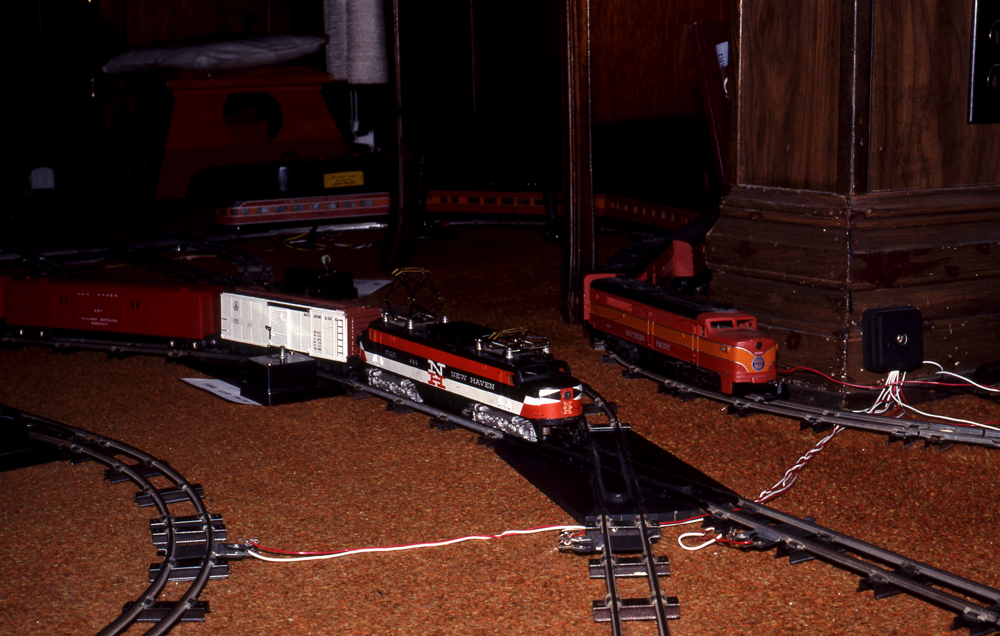
Editor’s note: This manuscript was purchased in December 1990 for Model Railroader magazine. Over the years, it made its way around the office and finally landed in my hands last fall. Dave Ingles was a friend of mine, and with his passing and my becoming editor of CTT, it seemed fitting to finally share his […]
Read More…
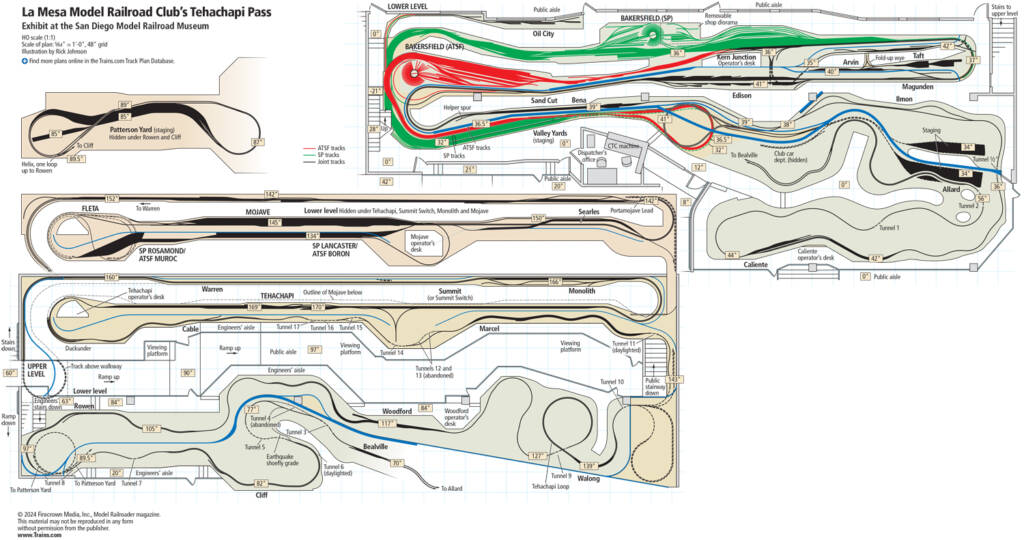
Facts and features Name: Southern Pacific Tehachapi SubdivisionScale: HOSize: 72 x 128 feetPrototype: Southern Pacific Tehachapi SubdivisionLocale: Bakersfield to Mojave, CaliforniaEra: 1950s-1960sStyle: Multi-level walkaroundMainline run: Bakersfield to Mojave: 1,500 feet; between staging yards, Goshen Jct. to Lancaster: 1,800 feetMinimum radius: main tracks, sidings and yards: 48″; branch lines and industry tracks: 36″Minimum turnout: main tracks, […]
Read More…
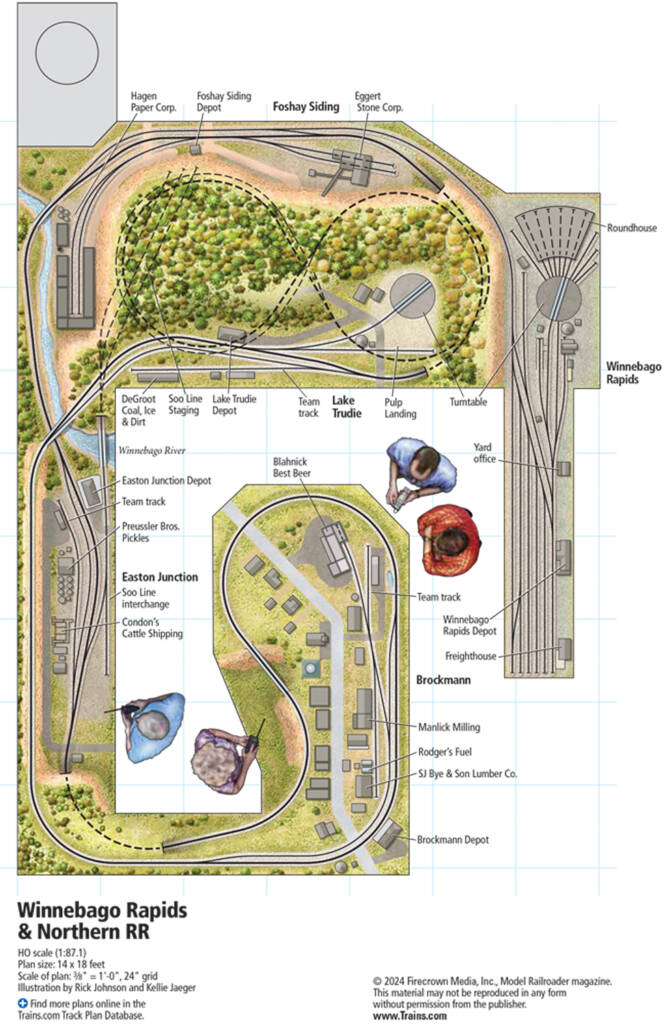
Facts and features Name: Winnebago Rapids & Northern RRScale: HO (1:87.1)Size: 14 x 18 feetPrototype: freelancedLocale: WisconsinEra: 1956Style: walk-inMainline run: 120 feetMinimum radius: 24″Minimum turnout: No. 6Maximum grade: 31⁄2%Benchwork: L-girderHeight: 41″ to 49″Roadbed: HomabedTrack: code 83 (handlaid in visible locations, extrack in hidden areas)Scenery: extruded-foam insulation board and clothshellBackdrop: painted drywallControl: NCE ProCab Click the […]
Read More…
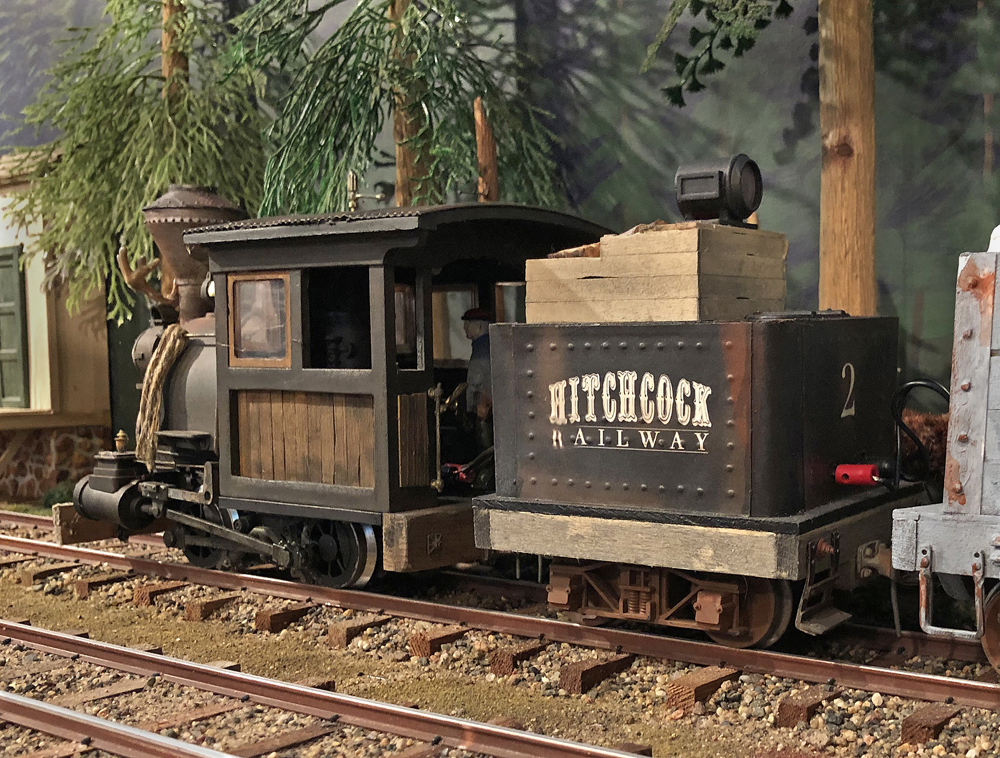
Early model railroaders used wood, wire, and paper to create rolling stock. Today’s scratchbuilders can choose from myriad detail parts and use sophisticated laser cutters and 3-D printers. Sometimes it’s fun to explore old-school materials and techniques. To make this little G scale tender, I used a hybrid approach — mixing the old and the […]
Read More…
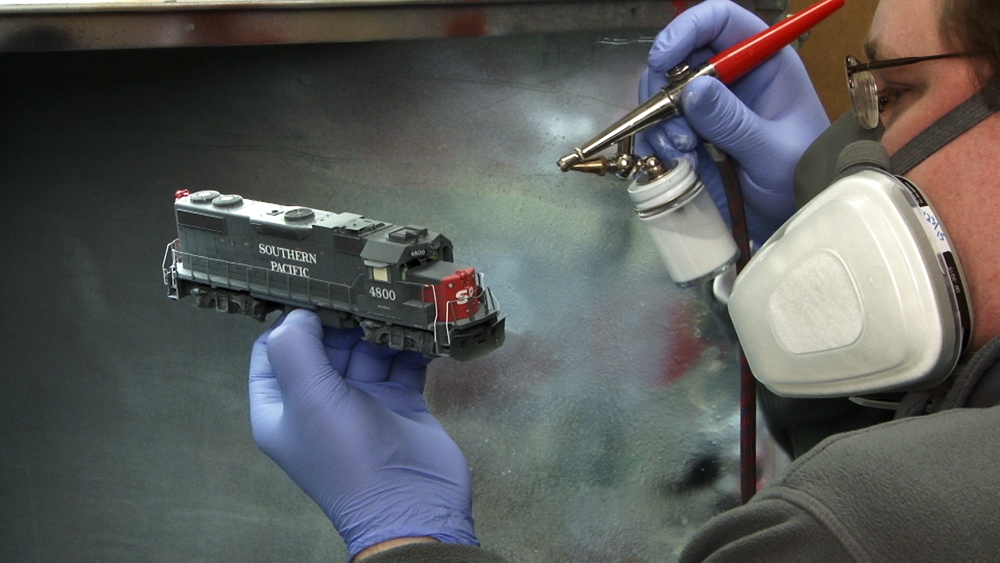
In my 20-plus years with Model Railroader magazine, I’ve written several how-to articles on airbrushing. Some have focused on using the tool to re-create models you can’t find on the shelf, such as “How to paint multi-color locomotives” in the September 2013 issue. Others, including “How to weather coal hoppers” in December 2012, have demonstrated […]
Read More…
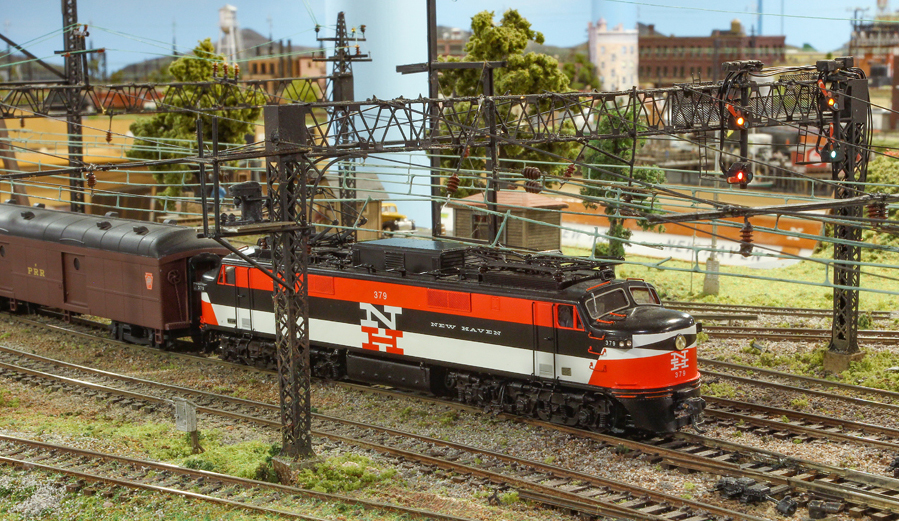
When you think about electrified rail lines today, the first thing that probably comes to mind is Amtrak’s Northeast Corridor. But in the first half of the 1900s, before the start of the diesel era, railroads used electrified lines to move freight and passengers. Examples in the east included the New York, New Haven & […]
Read More…
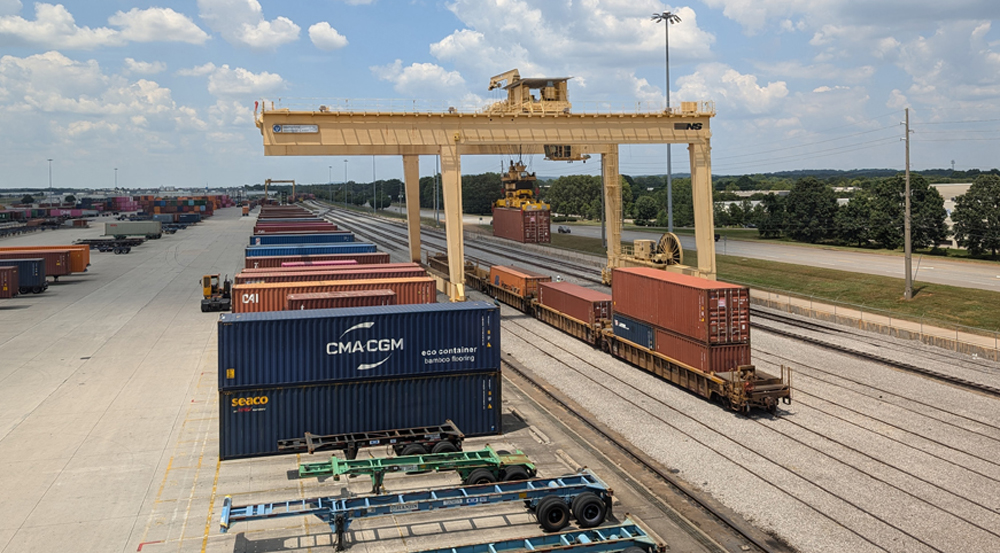
While on a recent trip to the National Model Railroad Association’s Southeast Regional Convention in Decatur, Ala., I was fortunate enough to go on a trip to Huntsville’s International Intermodal Center. Right when our van arrived in the parking lot, I knew that this would be a perfect real-world industry that anyone can model on […]
Read More…
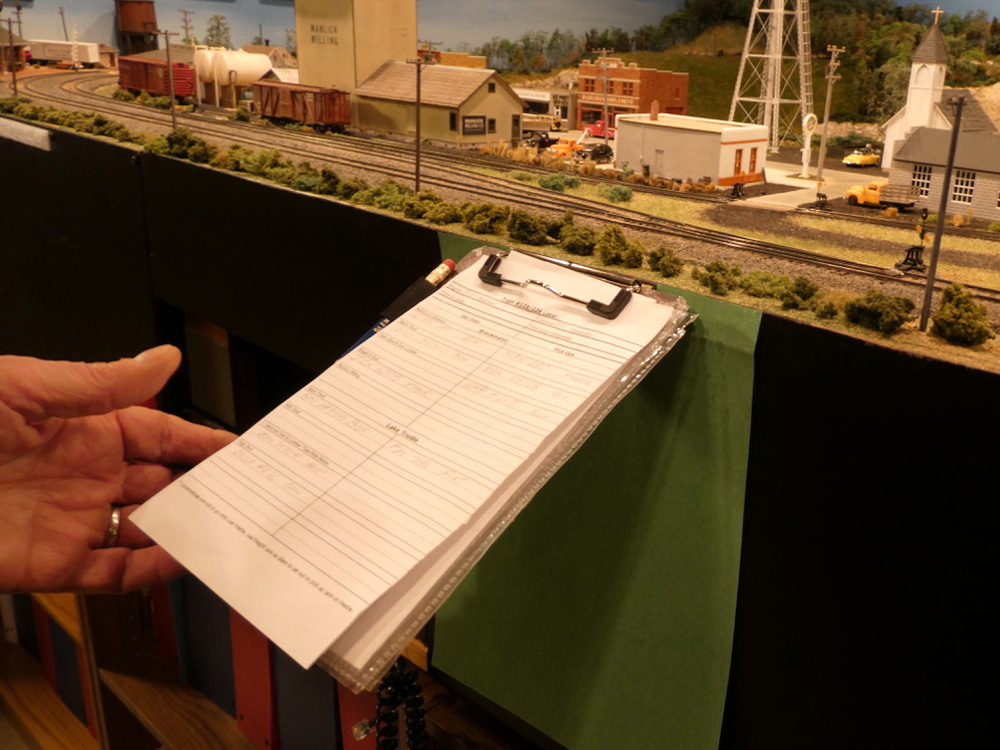
If you’re like me, you put a lot of work into your model railroad scenery, and the last thing you want to see is an operator putting his paperwork on the layout during an operating session. This situation was a concern for me, so I turned to hook and loop fasteners and piano hinges to […]
Read More…
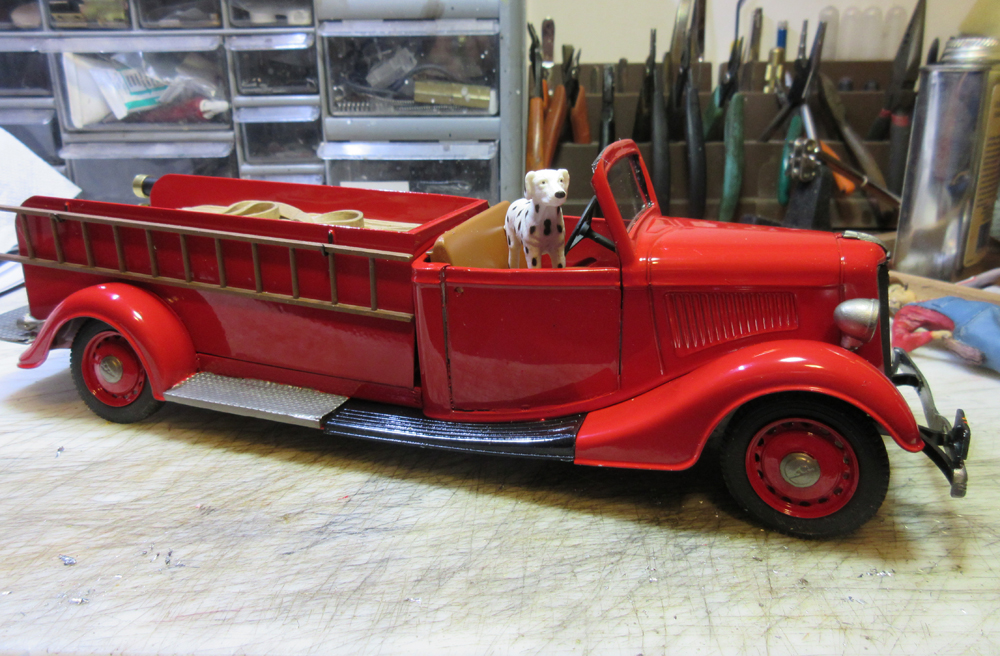
Sometime last year I took a serious look at one of my vehicles. I leave my vehicles out all year, and the weather takes its toll. I could strip the pickup and repaint it, but I’m planning a firehouse in my town, so why not make a fire truck? The vehicle is a Solido 1:19 […]
Read More…
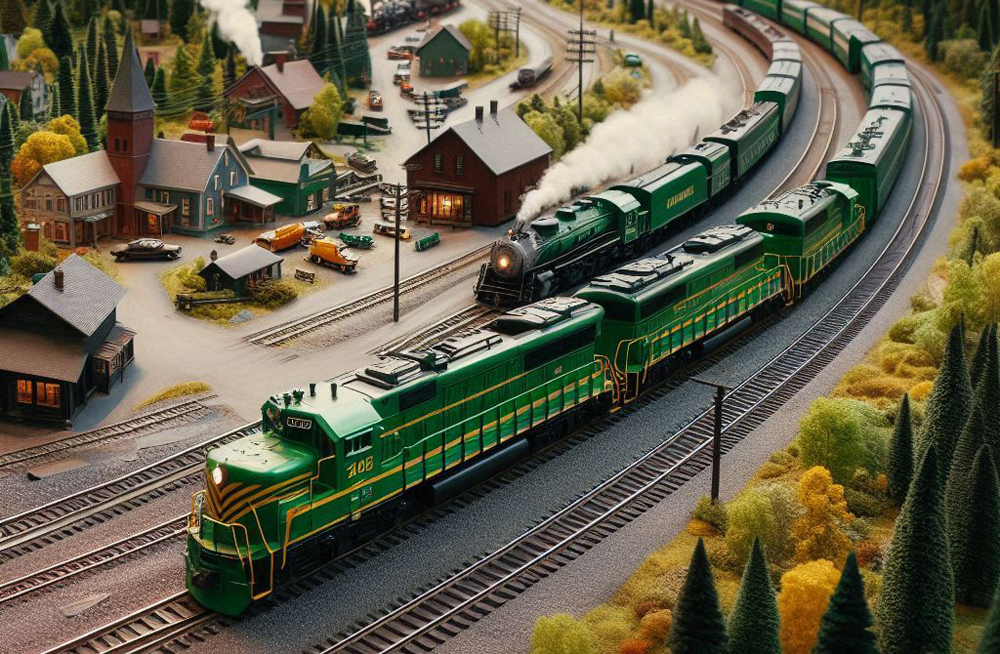
Large language models (LLMs) or as they are colloquially known, AI, have made impressive progress since I last explored possible use cases relating to model railroading last summer, in the form of both chat-based programs and image generation. With a year having passed between then and now, I thought it would be worth revisiting this […]
Read More…
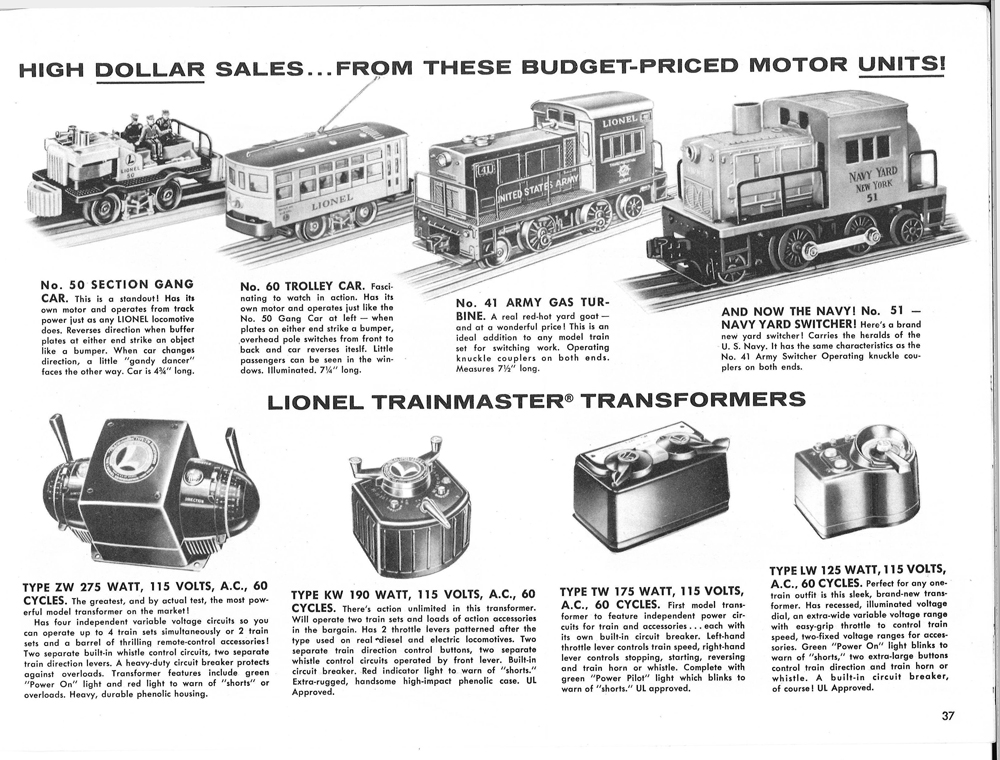
Kids of the 1950s loved Lionel’s little switch engines. The stubby proportions and whirling drive rods of these classics give them an industrious appearance as they scoot around a layout. Lionel produced them in a number of colorful and collectible variations. Did the prototypes really exist? Yes, at least in their initial releases. Lionel was […]
Read More…
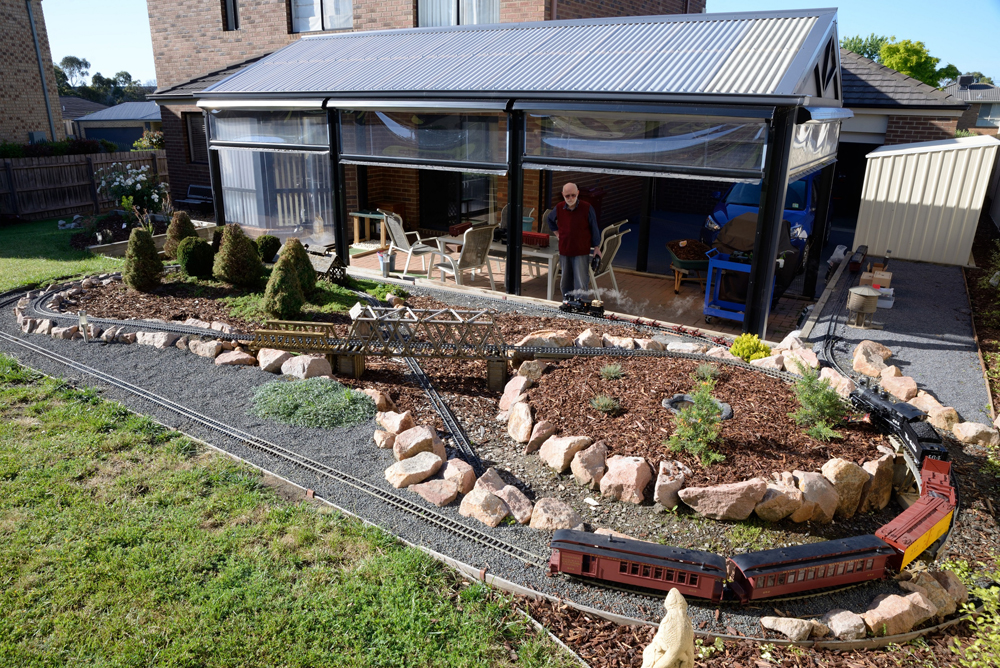
My garden railway is like a 4 x 8-foot layout, only it’s scaled up to around 12 x 32 feet and built outdoors. I’ve added a small garden retaining wall to raise the railway to knee height, which is comfortable for viewing and placing trains on the track. Originally, the patio had no roof or […]
Read More…












